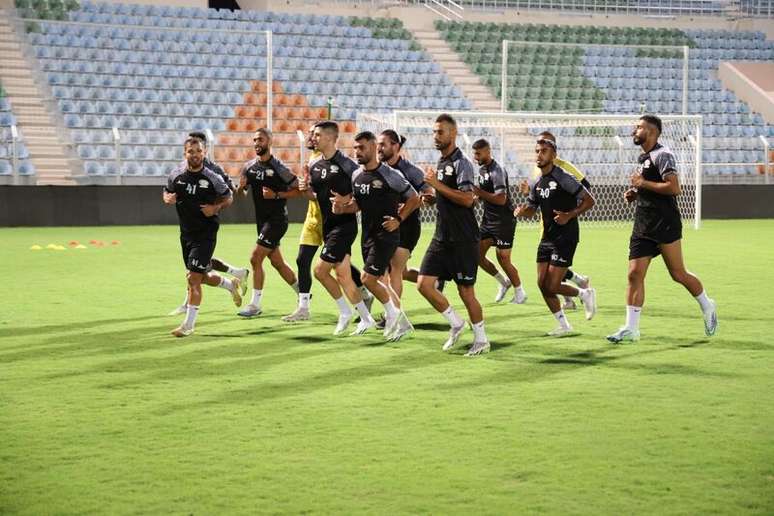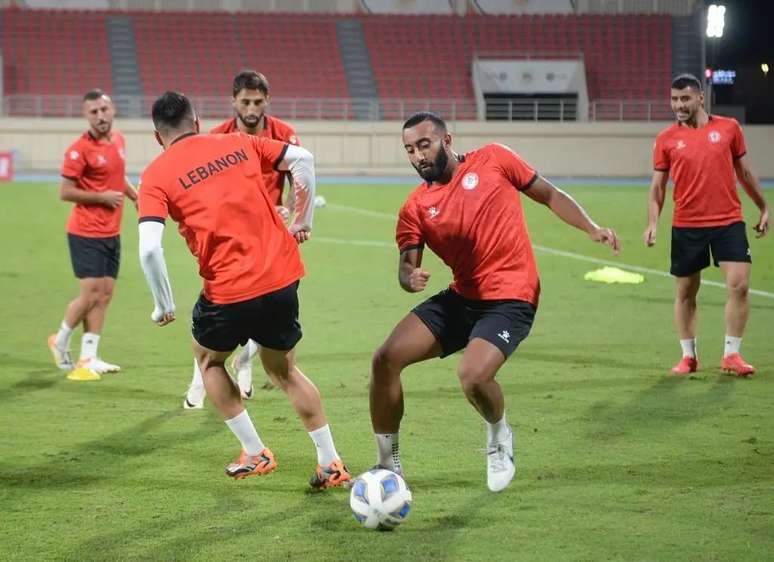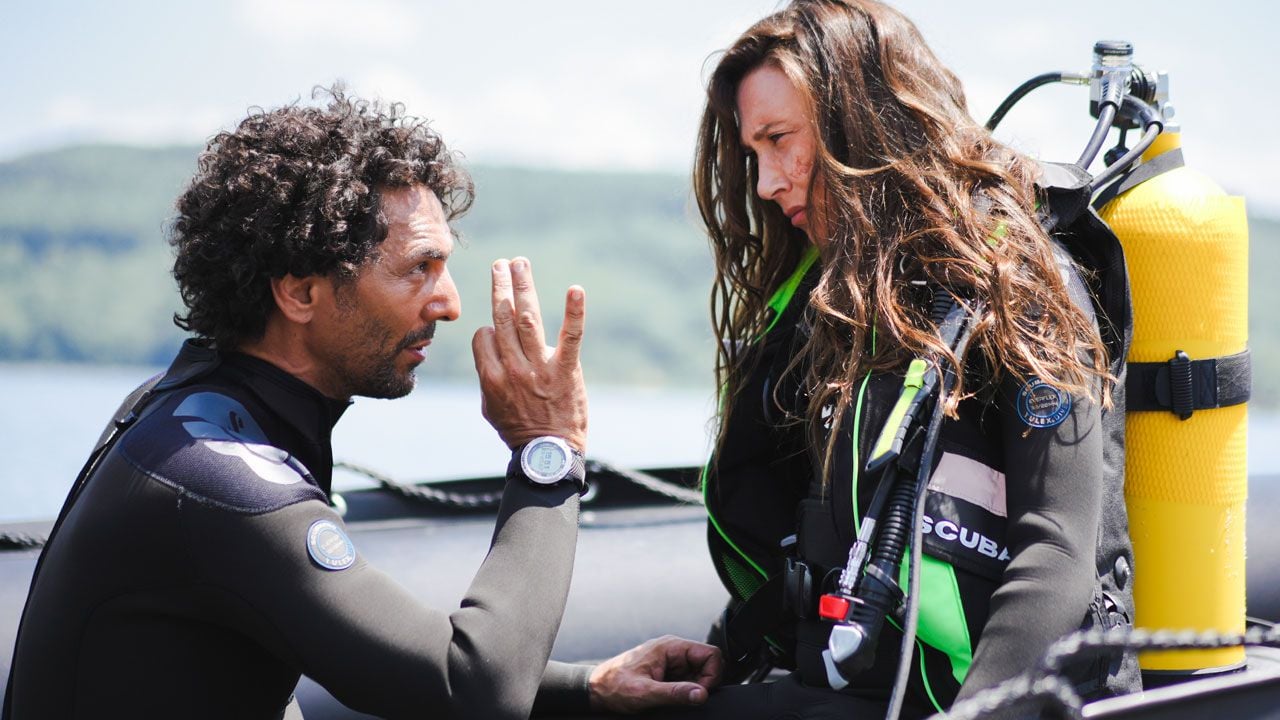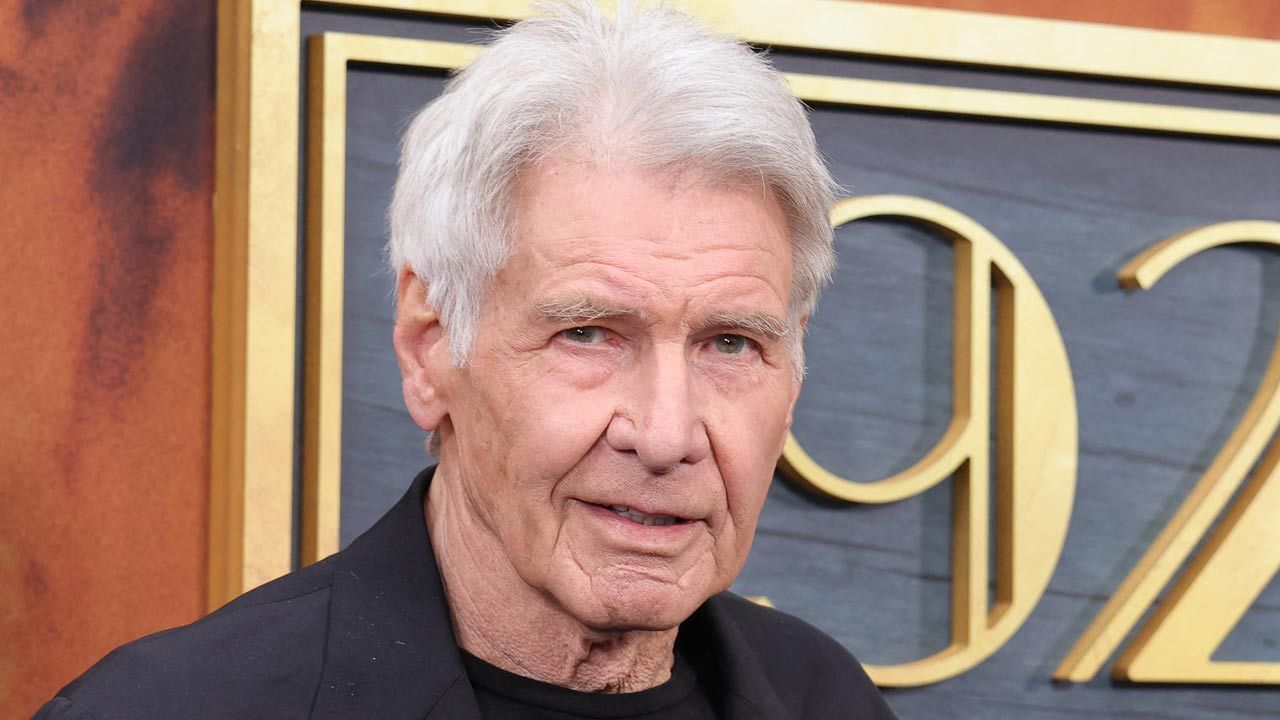The group stage of the Asian qualifiers begins this Thursday (11/16). There are 36 teams divided into nine groups, with the top two (after six round-robin groups) advancing to the third stage. It will be the debut of the favorite teams for the seven places at the 2026 World Cup, such as Japan (facing Myanmar in Group B), South Korea (hosting Singapore in Group C), Saudi Arabia (hosting Pakistan , in Group G) or Australia, who will play their debut match, at 6 in the morning (Brasilia time), hosting Bangladesh in Group I. But one of the matches that will attract the most attention of the world, even in Group I, will be Lebanon x Palestine, which both countries call a derby. But much more for the extreme friendship between the two nations.
Currently the terrorist group Hamas, originating from Palestine, is in conflict with Israel. As a result, the Gaza Strip, one of the two territories of Palestine, is invaded by the Israeli army (the other territory, not invaded, is the West Bank). Lebanon, although not at war with Israel, is the home of the terrorist group Hezbollah, which was also attacked by the Israelis (Lebanon also borders Israel). Therefore, for security reasons, the match will be played in a neutral country, in the cramped Khalid Bin Mohammed Stadium (10,000), in Sharjah, United Arab Emirates, at 11am.
See the Asian Qualifiers standings here
Palestine and Lebanon must fight for second place in the group and, thus, move on to the next phase together with the very favorite Australia, which must win all its matches in Group I. Bangladesh, which eliminated the Maldives in the first qualifying phase, must be mere extra.
Meet the Lebanon national team
Lebanon’s coach is Croatian Nikola Jurcevic (former commander of Azerbaijan), making his debut with the team. The group is almost entirely made up of players who play for the national team. There are two operating in Indonesia and another in Malaysia. The best-known Lebanese in football is the striker Lajud (from Atlante in Mexico). His highlight is veteran striker Hassan Maatouk, 36, with 112 games and 23 goals for his country.
Coach Jurcevic’s regret for not having played the debut match at home: and in the duel this could indicate who will have to move on to the next phase.
“It would be important for any team to play at home. This gives them more strength. But we are facing particular circumstances and I don’t want to talk about this problem or discuss it with the players because the important thing is to focus on the way we play and get a positive result and I see a very motivated team,” said the Croatian.
Meet the Palestinian team
Although almost unknown outside Asia, Palestine campaigned reasonably well. In the last two qualifiers they have passed the second phase. For the current edition they have already passed the first phase, they know that their direct rival in group I is Lebanon and for this reason they need a good result this Thursday.

Its main player is Dabbagh, a 27-year-old starting forward for Charleroi, who plays in the elite of the Belgian league. In Thursday’s match he will be the Palestinians’ main goal hope. Out of curiosity, the team has three players who play in Israeli football.
Understand the rules for Asian qualifiers
This regulation is one of the most complicated of the 2026 World Cup. After all, 46 teams began to fight for eight direct places and a place in the playoffs. However, five phases are played, of which the third is the most important, as it guarantees six direct places. But the fourth phase also guarantees two places. However, the last one is a playoff.
1 – First phase: 20 selections
They are the ones selected with the worst rankings. There were ten round-trip knockouts. In this way, the winners moved on to the next stage. They were: Singapore, Afghanistan, Pakistan, Taipei, Yemen, Myanmar, Bangladesh, Nepal, Hong Kong and Indonesia.
2 – Second phase: 36 teams (26 pre-classified and 10 advanced from the first phase)
It is the current phase. There are 9 groups of 4. They play in rounds and return legs and the top two teams qualify for the third phase. The groups:
A: Qatar, Kuwait, India and Afghanistan
B: North Korea, Japan, Syria and Myanmar
W: South Korea, Singapore, Thailand and China
Q: Oman, Malaysia, Kyrgyzstan and Taiwan
AND: Uzbekistan, Iran, Hong Kong and Turkmenistan
F: Vietnam, Iraq, Indonesia and the Philippines
G: Saudi Arabia, Jordan, Pakistan and Tajikistan
H: United Arab Emirates, Bahrain, Yemen and Nepal
I: Australia, Lebanon, Palestine and Bangladesh
3- Third phase: 18 selections
There are 3 groups of 6. They play in turns and return to their groups. The top two advance to the World Championships. But whoever finishes third and fourth will go to the repechage.
4 – Repechage: 6 selections
They are divided into 2 groups of 3. The champion of each repechage group goes to the World Cup. But the runners-up still have one last chance: to play in the Asian playoffs.
5 – Asian Playoff – 2 teams
The teams that finished second in their repechage groups will play a round-robin format in November 2025. In this way, whoever wins will play the final playoffs against teams from the other FIFA confederations. In the end, the last two ranked for the World Cup will emerge from this playoff final.
Follow Jogada10 on social media: Twitter, Instagram and Facebook.
Source: Terra
Rose James is a Gossipify movie and series reviewer known for her in-depth analysis and unique perspective on the latest releases. With a background in film studies, she provides engaging and informative reviews, and keeps readers up to date with industry trends and emerging talents.







